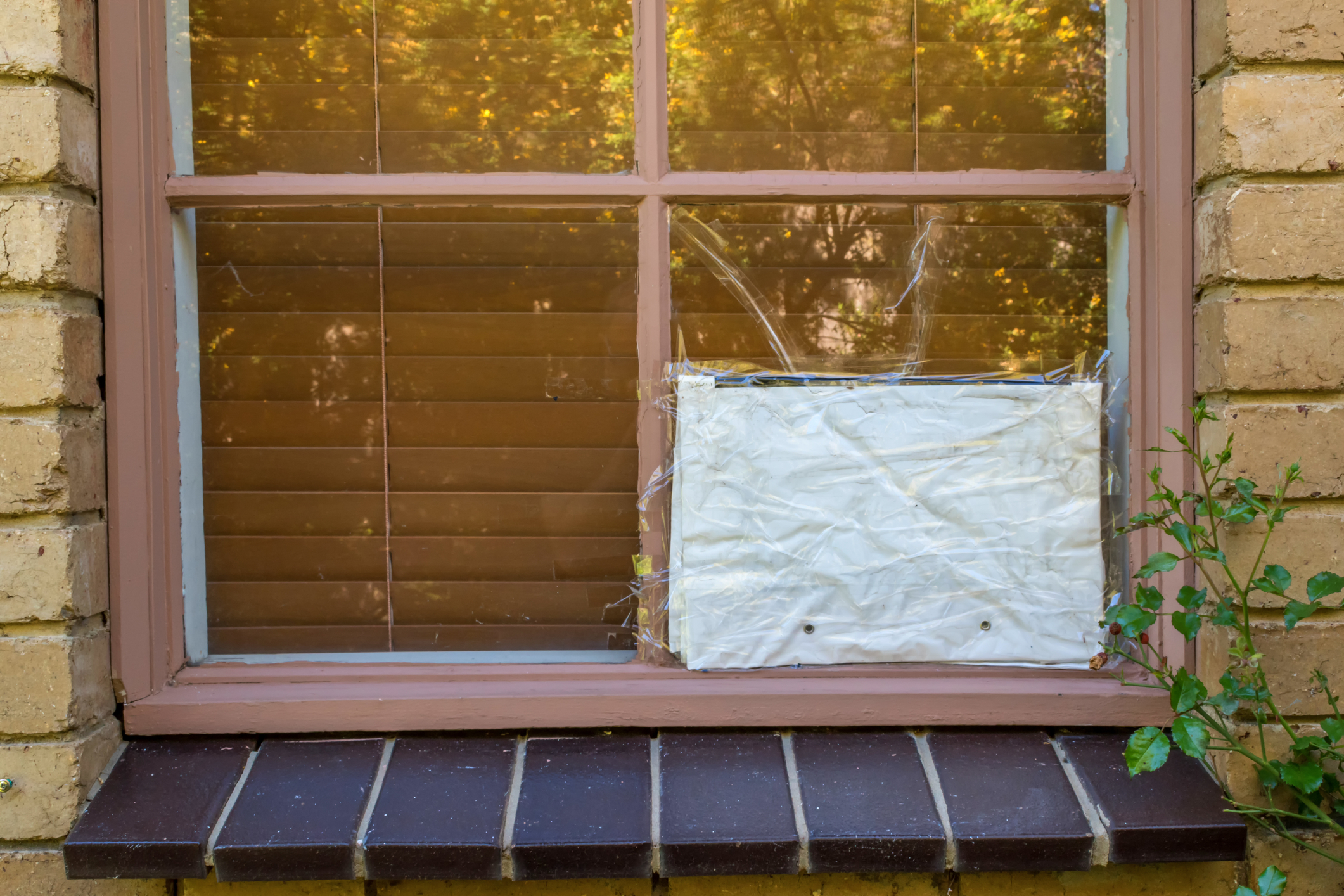When managing a rental property, it’s crucial to distinguish between “normal wear and tear” and tenant-caused damage. As a landlord, this understanding helps determine whether to refund the tenant’s security deposit or withhold it for repairs. Clear guidelines prevent disputes and ensure compliance with legal requirements.
What Constitutes “Wear and Tear”?
Normal wear and tear result from the natural deterioration of a property over time due to regular use. Despite tenants’ best efforts to maintain the property, wear and tear are inevitable. Examples include:
- Faded or slightly torn wallpaper
- Minor holes or cracks from nails
- Cracking, fading, or peeling paint
- Chipping plaster
- Fading or dirty window shades
- Worn carpets
- Loose bathroom tiles
- Rust on fixtures
Identifying Unexpected Damage
Unexpected damage stems from negligence, carelessness, or intentional misuse of the property by tenants or their guests. Landlords can deduct repair costs from the security deposit for such damages. Examples include:
- Unapproved wall markings or alterations
- Large holes in walls
- Stains, holes, or burns on carpets or floors
- Missing or damaged fixtures
- Broken windows or doors
- Damaged plumbing fixtures
- Cracked or missing bathroom tiles
Preventing Property Damage
To mitigate disputes and unexpected damages, landlords can take proactive measures:
- Document the property’s condition before tenant move-in with detailed photos.
- Conduct move-in and move-out inspections using checklists to note any damages.
- Screen tenants thoroughly to minimize the risk of property damage.
- Hire a reputable property management company for expert guidance and support in tenant selection and property maintenance.
It’s also important to be mindful of notice requirements regarding withholding of security deposits for repairs to not run afoul of local laws and regulations. By understanding the difference between normal wear and tear and unexpected damage, landlords can maintain their properties effectively and handle security deposit disputes with confidence.

